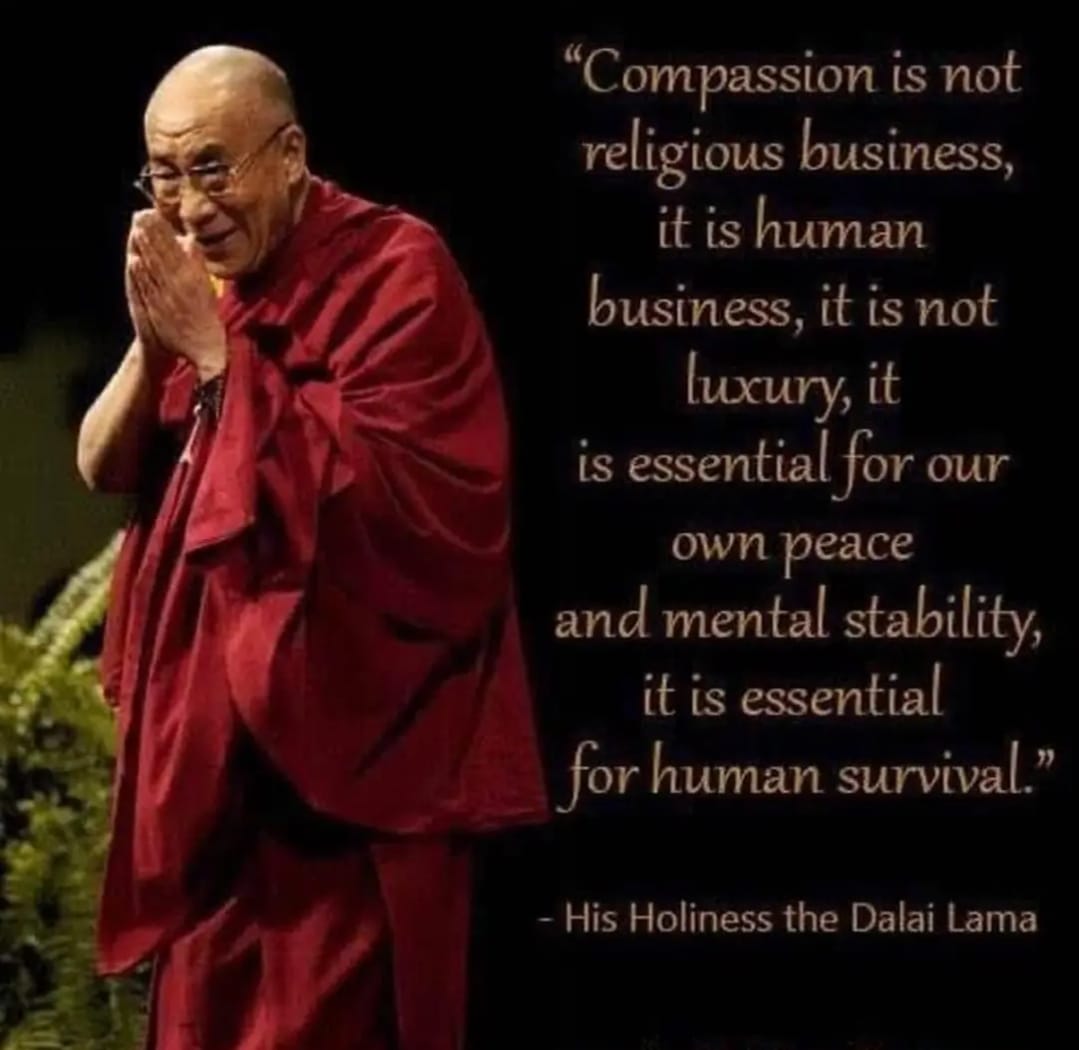The time for social, emotional, and ethical learning has come.
In today’s world, we are all interconnected. The challenges that face us, and that will face future generations, require cooperation across national, ethnic, and religious boundaries. We must see each other not as adversaries or competitors for limited resources, but as brothers and sisters living together on the only planet we call home.
Therefore, we need a new, up to date way of thinking, one that acknowledges our interdependence and the necessity of resolving problems and instigating change through dialogue and collaboration.
Our compassion cannot be limited only to those who look like us or who share our citizenship or religion; it must be extended to encompass everyone on the basis of our common humanity.

I am pleased that Emory University and its Center for Contemplative Science and Compassion-Based Ethics have adopted this approach in their Social, Emotional, and Ethical Learning (SEE Learning) program. Its focus is on educating the whole child. SEE Learning incorporates the most current educational practice and research, in order to be of the greatest benefit to schools, educators, and students. I deeply value the collaborative relationship with Emory University that began more than twenty years ago, based on our common appreciation for the value of educating the heart and mind.
The large number of advisors and collaborators involved, who include not only my dedicated friends at Emory University but also committed experts in different countries, demonstrate that ethical learning is a worldwide initiative.
From the beginning SEE Learning has been intended for international implementation and has evolved from the cooperation of people belonging to different cultures and nations, often speaking different languages.
The establishment of a worldwide initiative to educate the heart and mind has been a long-cherished dream. I would like to thank the many individuals and organizations that have supported this work in various ways. I encourage others involved in education to take up this program and explore its potential to help teachers and students. It is my hope that through our collective efforts we can make a meaningful contribution to the flourishing of humanity for many generations to come.